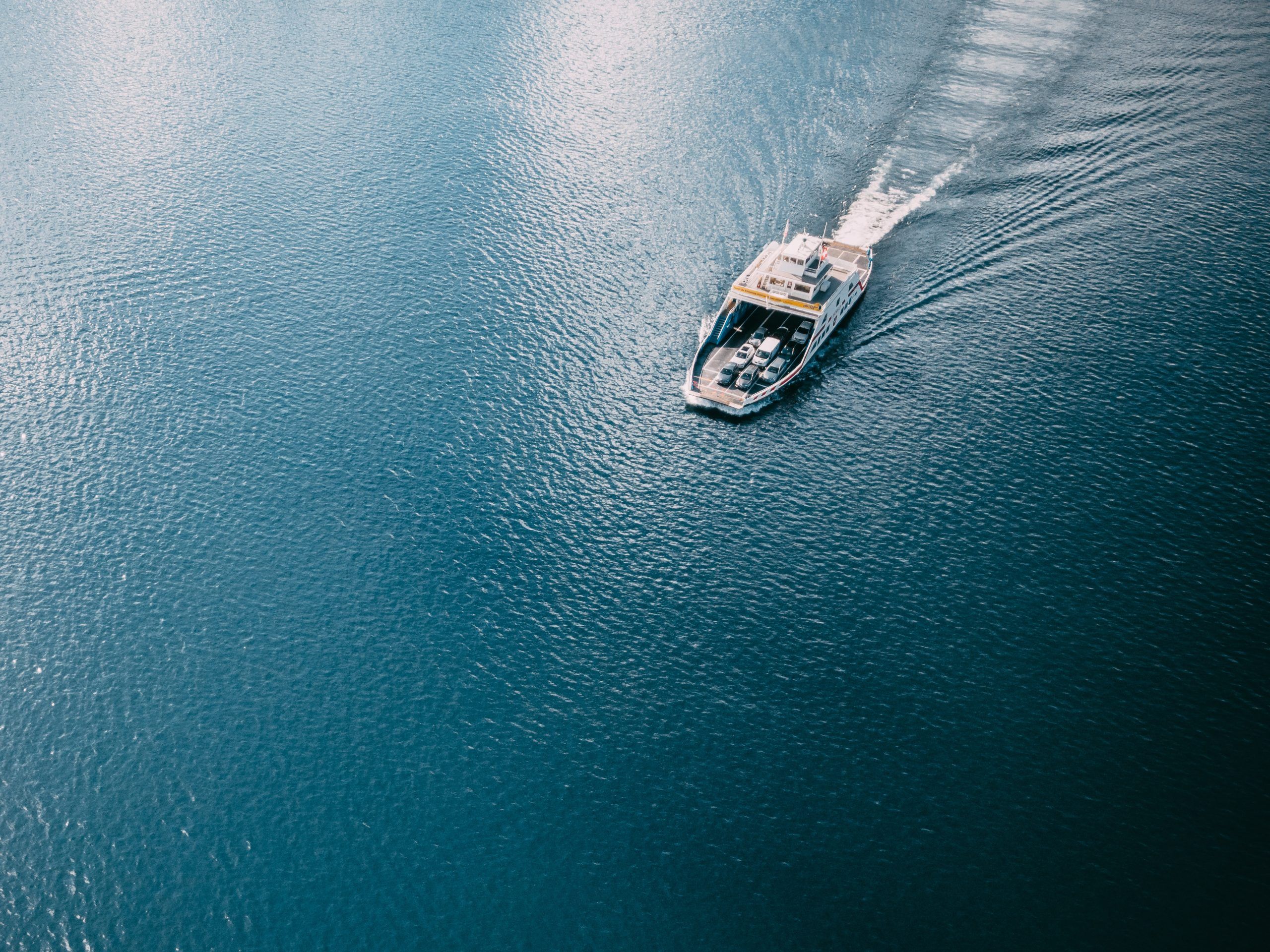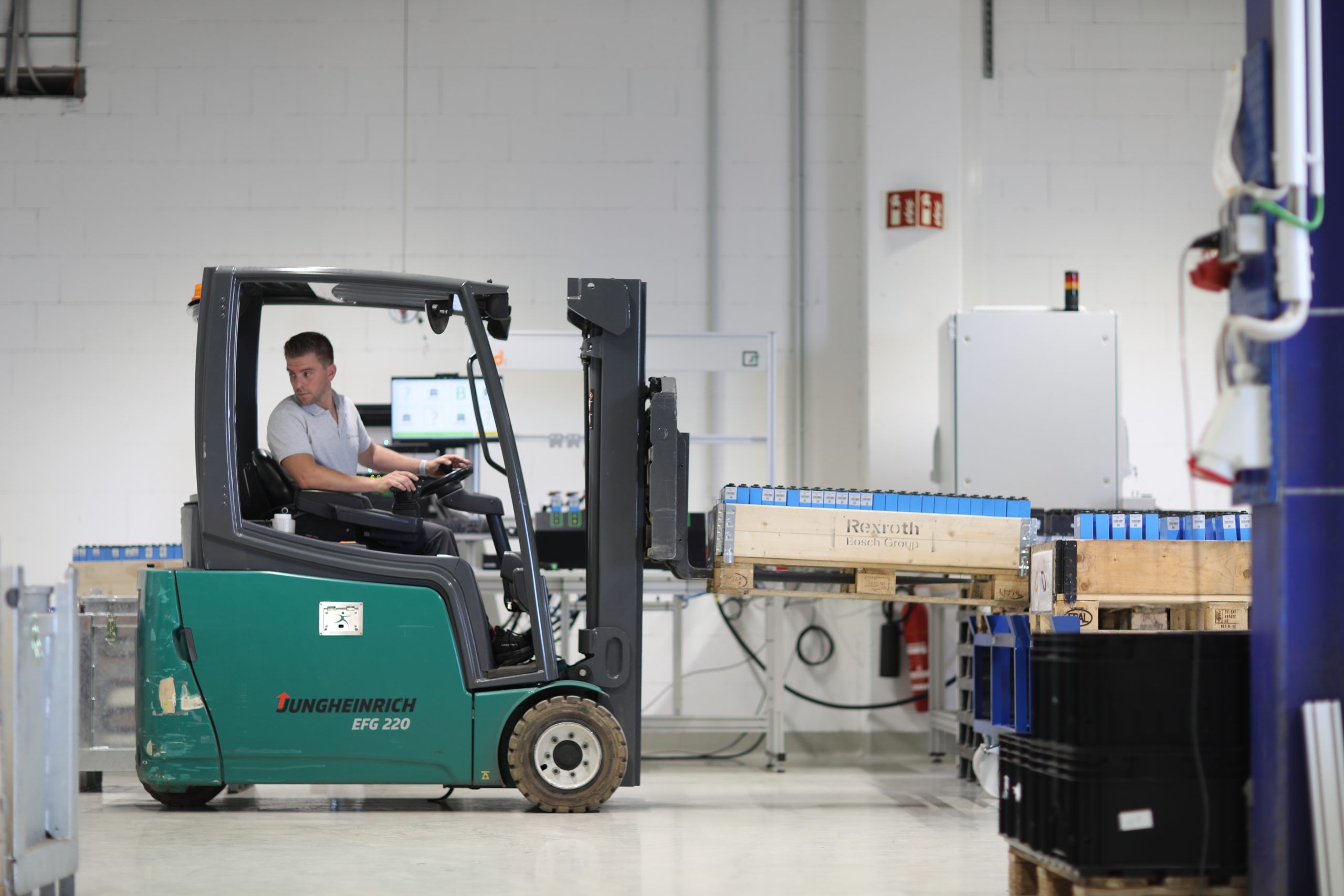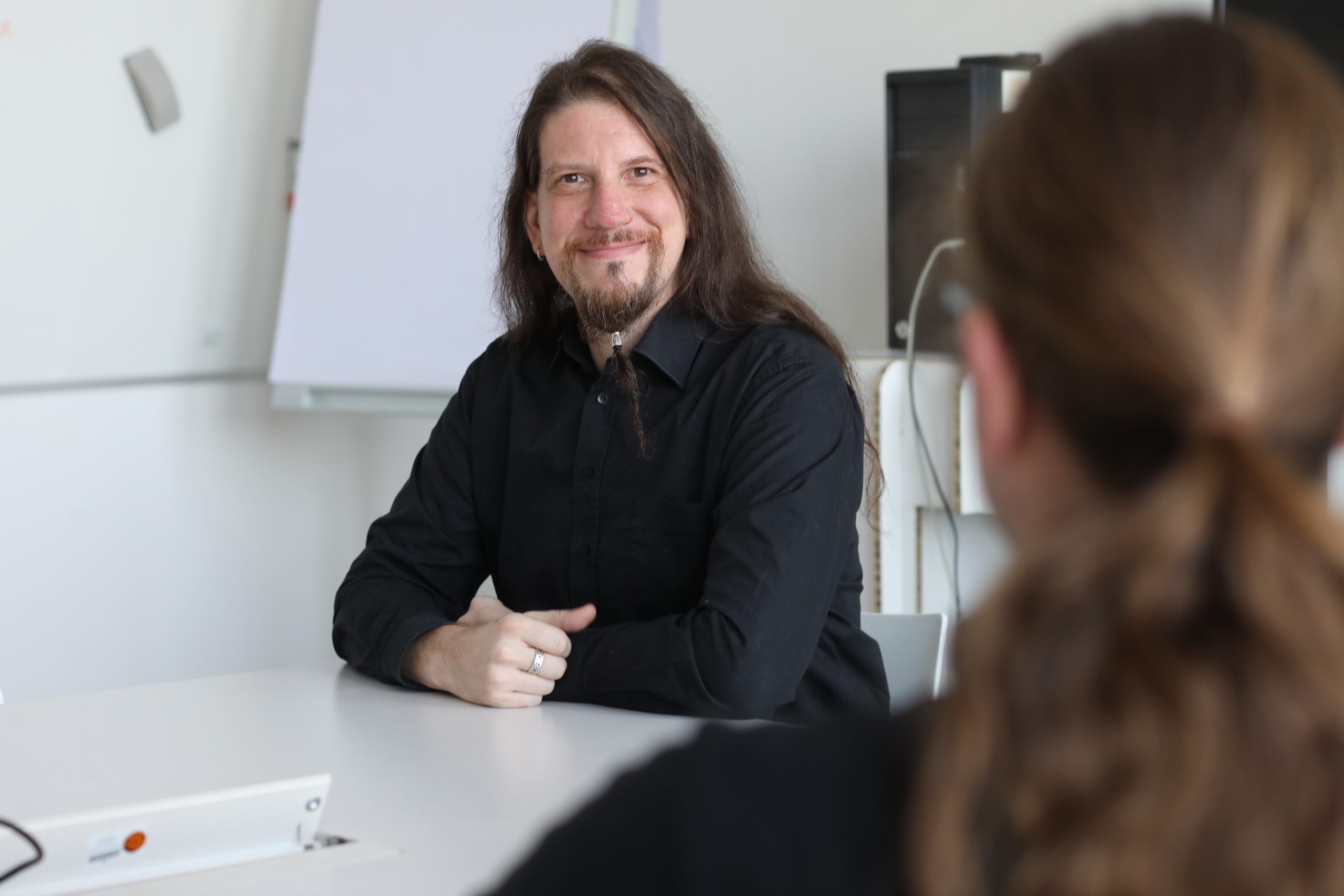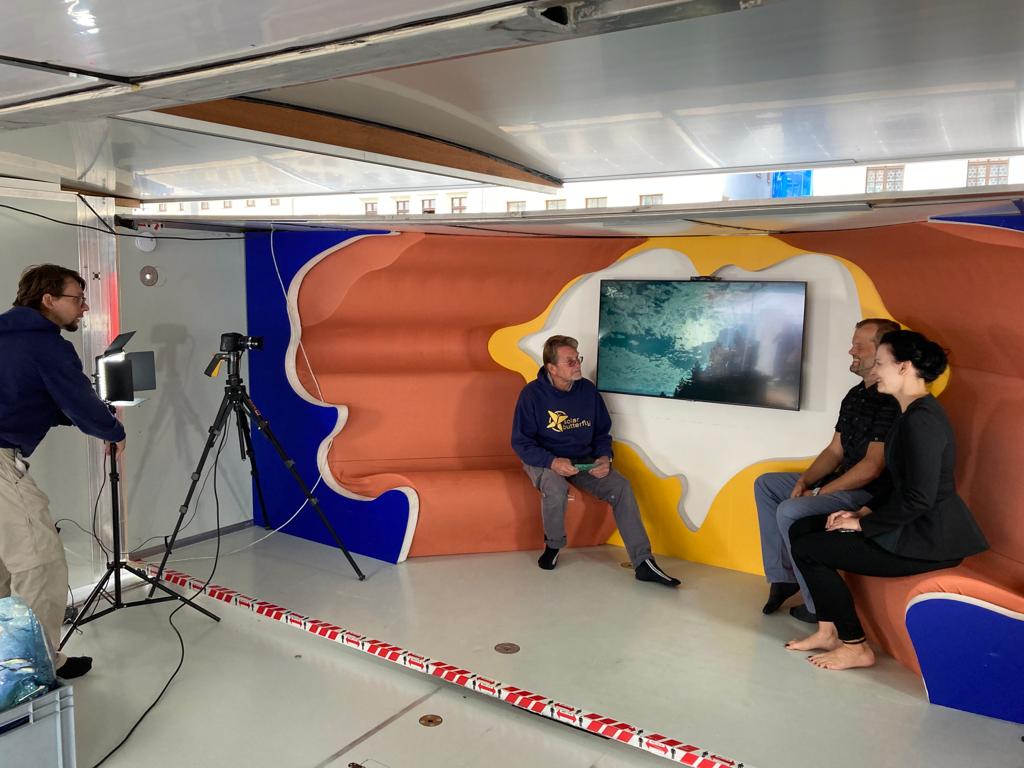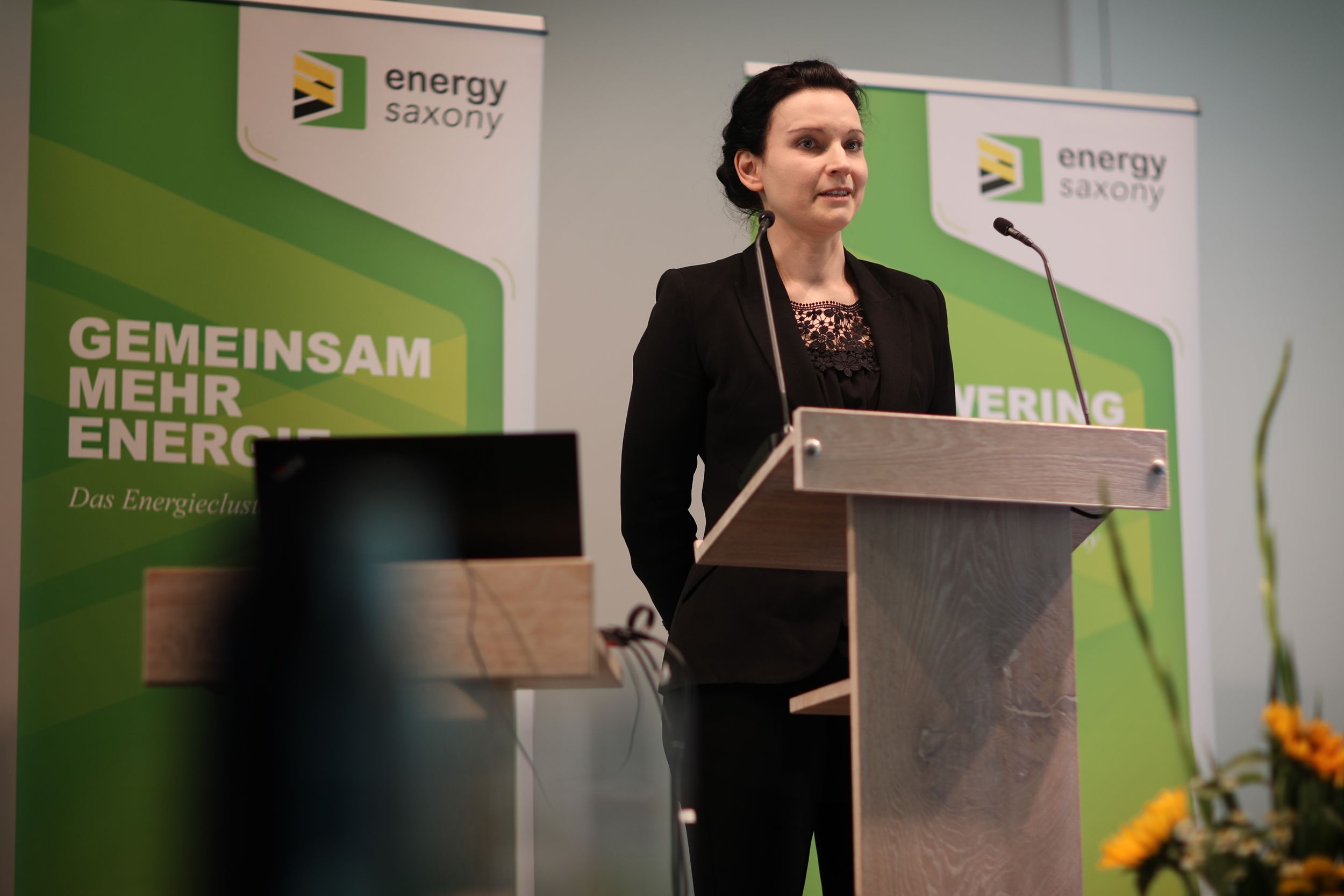There are risks involved in transporting e‑vehicles. This is especially true on the open sea. After the sinking of the car carrier “Felicity Ace” in 2022, the first shipping company is now drawing consequences: Havila Kystruten in Norway will no longer transport e‑vehicles. We report on how Scandlines and TT-Line, popular with German holidaymakers, are managing the risk and why NOVUM technology could already prevent such accidents today.
Will the beloved Tesla have to stay at home during the next vacation in Scandinavia? This could actually happen! At least, if ferry crossings along the Norwegian coast are on the agenda. After all, the sinking of the e‑vehicle-laden Felicity Ace in 2022, albeit with some delay, did cause some excitement in the shipping industry. At the beginning of 2023, Havila Kysruten is the first company to draw the consequences. Following a comprehensive risk analysis, electric, hybrid and hydrogen cars will no longer be allowed on board, at least for the time being. The firefighting effort in the event of a fire is too high and cannot be handled by the company’s own team.
“In fact, a battery fire is difficult to control even on land,” explains Mandy Schipke, CEO of NOVUM. “Batteries burn at over 1000 degrees. There is a danger of explosion. Toxic fumes escape. Even the fire department cannot extinguish such a fire with conventional means. E‑vehicles are therefore often simply left to burn out.”
Most often, such a particularly dangerous situation is preceded by an accident. But battery experts know: There are also rare but all the more dangerous cases of battery fires and battery explosions during transport and even storage of batteries.
“Monitoring systems are often not available or not turned on in these cases,” Mandy Schipke reported. “If a battery then slowly heats up due to a defect or chemical reactions in the passive state, it simply goes unnoticed until it is eventually too late.”
What happens next is illustrated by the case of the vehicle carrier Felicity Ace. After a devastating fire breaks out in the cargo hold and the lithium-ion batteries of some of the vehicles catch fire, the crew is fortunately able to save themselves. But even days of firefighting efforts are of no use. With almost 4000 cars on board, the ship sinks to the bottom of the Atlantic. Just how high the temperatures must have been beforehand is shown by pictures of the accident, in which the outer skin of the bow appears to have literally melted away.
Could NOVUM technology have prevented such a disaster? “In fact, today we are already able to determine whether a battery has a defect that could lead to a fire or explosion,” Mandy Schipke points out. “With the help of our globally unique technology, we determine the state of health and many other data from batteries of all types in a matter of seconds. Artificial intelligence supports us in the precise analysis of the data.” But it will be several years before the new technology is installed in electric cars. “Some manufacturers are already working on solutions.”
Undeterred by the latest developments, the Scandlines shipping company, which is popular with German holidaymakers, intends to continue transporting electric and hybrid vehicles. “We operate our routes exclusively with conventional vessels built mainly of steel, which is more fire and heat resistant than aluminum,” explains Anette Ustrup Svensen, Head of Corporate Communications at Scandlines.
“Scandlines ferries are all equipped with the firefighting equipment required by the relevant authorities and the crews are trained accordingly. We would handle a fire according to the guidelines of the fire inspector and the civil protection authority.”
The TT-Line shipping company, meanwhile, goes even one step further. On the Green Ships in the fleet, passengers who have booked this service in advance can not only take their electric car with them, but even have it charged.
So for the next summer vacation in Sweden there is an all-clear for now. In the end, however, a queasy feeling remains. So far nothing has happened. But how well prepared are shipping companies that transport many hundreds of people and electric cars at the same time? Is the danger possibly underestimated after all? Mandy Schipke is certain: “With the help of NOVUM technology, manufacturers and operators of electric and hybrid vehicles of all kinds can prevent such disasters in the future.”

